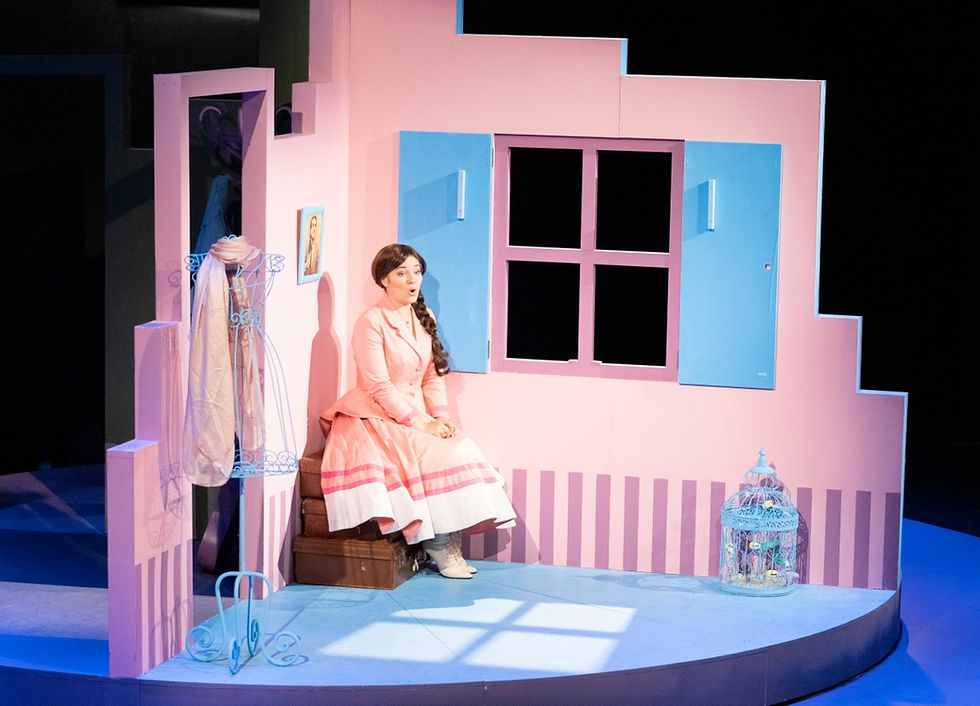The Barber of Seville
- Robert Beale
- Jul 16, 2021
- 2 min read
Sterbini and Rossini, after Beaumarchais
Clonter Opera Theatre, Cheshire
15-24 July 2021, 2 hours (with 20-minute interval: on selected days 2 hours 50 minutes with long interval)


The “Glyndebourne of the North” really came up trumps on Thursday evening, with the smell of haymaking in the air (Clonter Opera’s base is surrounded by farmland) and glorious sunshine to revel in.
I don’t remember choosing to have a picnic outside there before (there’s always space inside for dining, too), but it was the natural choice as well as the advisable one in these Covid times. Inside, the seating was well spaced on alternate rows, the only slight worry being that here, as in some other classical venues I’ve noticed, the clientele includes some geriatrics who don’t seem to realise that wearing a face covering means you actually cover your face, not just dangle it from your chin.
The production of Il Barbiere di Siviglia (in Italian, with English sur-title translation) was lively and entertaining. Director Greg Eldridge (who has had a special post created for him at Covent Garden) must be responsible for that, but the youthful cast were also very much to be credited, working hard and singing with distinction.
Of them, the standout was Henry Neill, as Figaro. He sang the same-named role in Mozart’s The Marriage of Figaro (which, based like this one on Beaumarchais, continues the story begun by The Barber) for Clonter in 2017, making a big impression, and has gone on to an international career. The other low-voiced roles – Dr Bartolo (Adam Maxey) and Don Basilio (Benjamin Schilperoort) – were also powerfully sung and comically adroit.
Rosina, the heroine, was a very feisty Latin lady in Elsa Roux Chamoux’ interpretation (exactly as she should be) and showed a lovely mezzo tone, and Samuel Kibble, taking the taxing role of Count Almaviva with wit and charm, is a very promising tenor. George Reynolds, filling up the cast as variously Fiorello, police officer and notary, is another excellent baritone, and Faryl Smith – who really only gets her solo chance in one aria near the end – proved a great dumb-show actress, a fine ensemble singer and estimable solo soprano. Philip Sunderland conducted the small Clonter Sinfonia in great style and kept everything well controlled.
And the set, designed by Bettina John, was something special for Clonter: a revolve! They don’t have much a stage to put one on, and it has to be hand-operated like a children’s playground roundabout, but it gave the opportunity for four little interiors to be represented, with doors between some of them, and was cleverly exploited at every turn.








